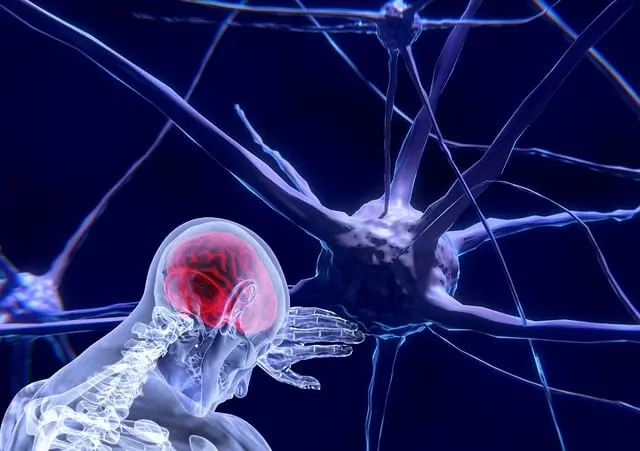Career prospects in neuroscience and related sciences
Introduction to neuroscience
Neurobiology is a fascinating field of science that studies the nervous system, including its structures, functions and interactions. This interdisciplinary science draws on knowledge from biology, chemistry, psychology and medicine, making it one of the fastest growing areas of modern research. With the growing number of neurological disorders, career prospects in this field are extremely promising.
Why choose a career in neuroscience?
Passion is an integral part of personal and professional development. If you're interested in how the human brain functions, why people's behavior is the way it is, and how mental health can be affected, neuroscience may be the perfect major for you. At the same time, due to the growing awareness of the importance of mental health and neurodegenerative diseases, there is an urgent need for qualified professionals in this field.

Career opportunities
A career in neuroscience offers many career paths that can be tailored to your interests. Here are some of them:
Research - Work in academic and industrial laboratories where you can conduct research on brain diseases.Pharmaceutical industry - Participate in the development of new drugs and therapies focused on neurodegenerative conditions.Clinical Hochchology - Applying knowledge from neuroscience to psychotherapy and rehabilitation.Education - Teaching the next generation of students interested in the field.Studies and educational requirements
To begin a career in neuroscience, it is necessary to complete several years of study. Most commonly, these include:
Bachelor 's degree - Undergraduate studies in biology, psychology or related fields.Master's degree - Graduate studies specializing in neuroscience.PhD - A doctorate that allows for independent scientific research.In addition, internships in laboratories and participation in scientific conferences can make a significant difference in career development and employment opportunities.
Attractiveness of neuroscience-related professions
As the importance of brain research grows, so does the need for specialists in this field. The health industry is one of the fastest-growing sectors, and neuroscience has a special place within it. It's not just research labs that need skilled workers; areas such as education, psychology and neuropsychology are also in constant expansion.
Career prospects after graduation
After graduating with a degree in neuroscience, graduates have access to a variety of job opportunities. They can become researchers in the pharmaceutical industry, research specialists in academic institutions, mental health counselors or educators. In addition, neurobiologists can successfully work in the public sector, supporting government health and education programs.
Global trends in neuroscience
Global trends in neuroscience are also worth noting. Technological innovations such as artificial intelligence and neurotechnologies are changing the face of brain research. Collaborations between different scientific fields, including engineering and computer science, are opening up new research and career paths for neuroscientists.
Conclusion
In conclusion, a career in neuroscience and related sciences is not only an exciting adventure, but also an area with great career potential. The growing importance of brain research in an era of increasing digitization and health challenges makes this path worth considering. With a variety of educational opportunities and an increasingly demanding job market, neuroscience is becoming one of the most attractive career fields for future scientists.

Add comment